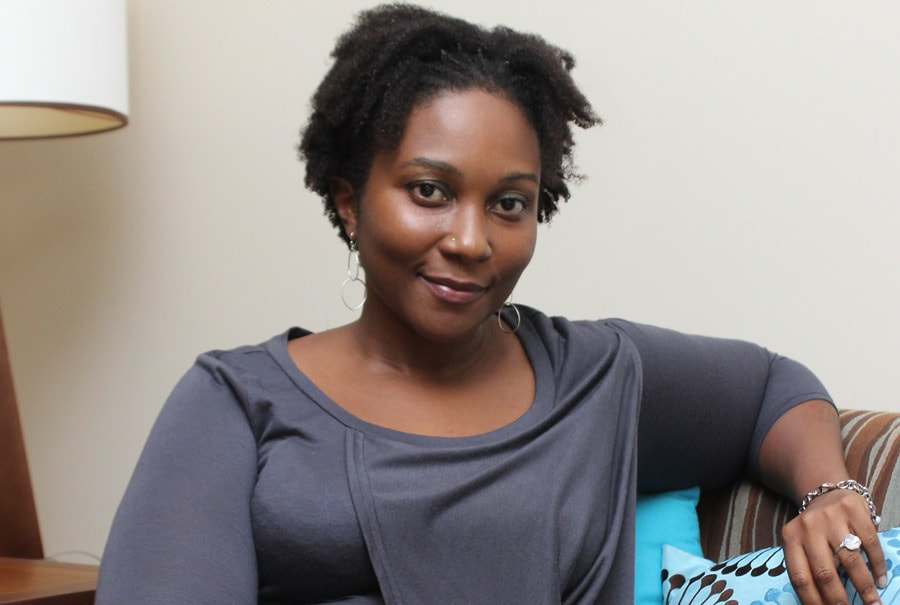|
The last day of secondary school was the best day of my life for many reasons. I was elated to be moving on to the next stage of my life: adulthood. I was eagerly awaiting life as a young adult in a new country as a college student. Despite the excitement felt, I couldn't help but also feel a sigh of relief that I would never have to step foot through the hallways and classrooms I occupied for the last seven years. For the most part, my secondary school days were filled with positive experiences, where I enjoyed an active social calendar and celebrated great academic achievements. However, there were days where I faced challenges, which seemed somewhat insurmountable at the time. While some experiences could be categorised as teenage growing pains, there are those that had such an impact, where my vulnerabilities were exposed by persons whose sole intention was to cause harm. A few weeks ago, I read an article in the New York Times about the suicides of two college students: both were experiencing great difficulty with managing the pressures of life and feared disappointing their loved ones. Prior to their deaths, both students had reached out for help to departments in their schools but their cries went unanswered. It is natural for one to ask how this could have been avoided. A recent study in the UK revealed a significant increase in student seeking and/or requesting counselling and support services. The study cited academics and finances to be some of the main factors affecting the overall mental health of students attending university. Similar trends have been reported in other countries, throwing the spotlight on the topic of mental health and wellness.
Schools may not be able to keep up with the growing demand for mental health support among students. The presence of student services or administrative procedures to request assistance is not enough to minimize risk or the likelihood of an individual committing suicide. Each student is different and the steps to address or combat crisis at the individual level will vary. The stories about these two students added to the many other youth suicides across the world, points to the need for a strong and well-functioning support system at the individual level. This takes me back to my days at secondary school and my ability to manage the challenges encountered. It wasn't always easy but what helped significantly was my own built-in support system which consisted of immediate family, church and my love for music. Those days which seemed dark took me to the music room at school, where I could vent my frustration by making music. It was also knowing that each day, I returned to the warmth of a loving home environment. These were my sources of mental and spiritual nourishment, which served as the formula to survive the challenges. I carried this same support system into adulthood as the challenges never stop. Mental health can no longer be treated as a taboo topic, discussed in hushed tones behind closed doors. Similar to physical wellness, mental wellness should be treated with the utmost importance. In fact, the two go hand in hand. A student's ability to achieve their success is dependent on their overall health and wellness and should be assessed at the individual level. The steps taken during the early stages of a student's life to create a well-functioning and effective system of support are critical. The best approach may be one which is proactive and consists of collective efforts rather than a reactive approach from a single source. Do you have a support system? What more can be done to minimise the number of youth suicides? Sources: https://mobile.nytimes.com/2018/05/12/us/college-student-suicide-hamilton.html https://www.nytimes.com/2015/08/02/education/edlife/stress-social-media-and-suicide-on-campus.html?action=click&module=RelatedCoverage&pgtype=Article®ion=Footer https://www.bbc.com/news/education-43739863 http://theconversation.com/suicides-at-record-level-among-uk-students-95341 https://www.telegraph.co.uk/news/2018/04/12/universities-have-suicide-problem-students-taking-lives-overtakes/ http://time.com/5190291/anxiety-depression-college-university-students/
0 Comments
Leave a Reply. |
Advisorss Sheena Alleyne
Lead advisor at The Student Centre, who is dedicated to making CAREER SENSE out of higher education. Anicia Wood
College Recruiting Consultant at Carib Athletes, who is dedicated to guiding Caribbean Athletes to college/university sport programs to fulfil their dreams through competitive sport and education. Dr. Elizabeth Adey
Uni Direct I am passionate about education and the opportunities I believe it creates for people and the wider society. Education opens doors and facilitates change.
Ask AdvisorDo you have questions about the college and university process?
Send us your queries. Archives
June 2021
Categories |
|
|
Copyright © 2024 The Student Centre®. All Rights Reserved.
|




 RSS Feed
RSS Feed

